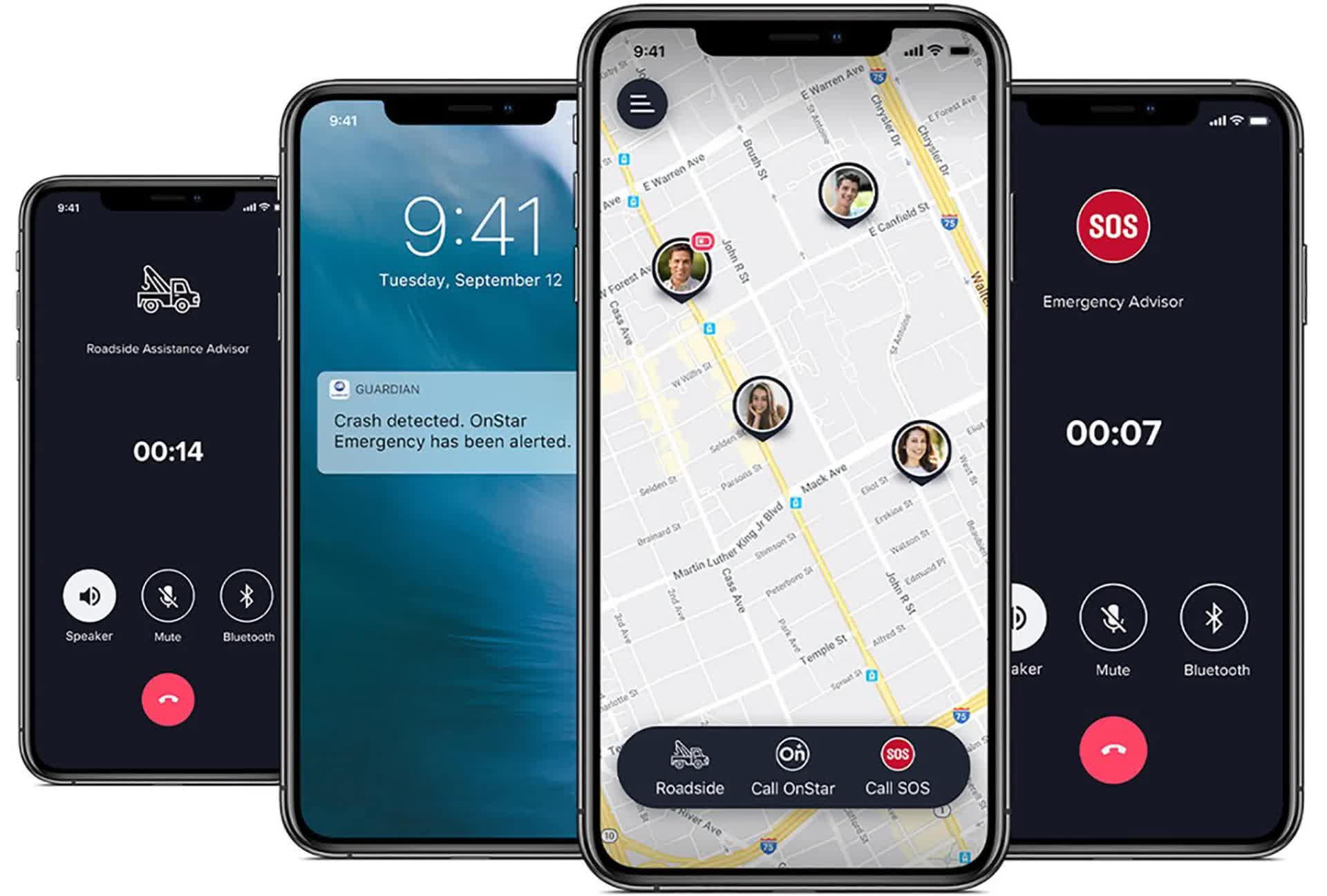A hot potato: Modern vehicles have abilities we never would have thought possible a few decades ago, including sharing owners' driving habits with insurance companies. A new report has uncovered how connected cars with built-in telematics share driver statistics and data with insurers, often without the owners even realizing it.
Connected vehicles are becoming an increasingly common sight in the automotive industry, and that means a lot of user data is being shared with other entities. The New York Times looked into the issue, discovering that some car owners might not realize their driving statistics are being sold to insurance companies who use the information to justify increasing their rates.
One example given by The NYT is a 65-year-old who leases a Chevrolet Bolt. His insurance increased by 21% in 2022, and other insurers gave him high quotes. Eventually, an agent told him his LexisNexis report was one of the reasons the prices were so high.
LexisNexis, a New York-based global data broker with a "Risk Solutions" division used by the auto insurance industry, sent the Bolt driver a report that included the dates of all 640 trips made in the vehicle over the past six months, start and end times, distance driven, and any incidents of speeding, hard braking, or sharp accelerating. The only thing missing was the location data. The trip details had been provided by General Motors.
Dongles and devices that collect driving information have been around for years, giving people the ability to voluntarily share their driving stats with insurers in the hope of lowering their rates. But certain connected cars share the data directly from the vehicles, and it can happen without the driver realizing.
Some automakers offer optional "driving improvement" features in connected cars that rate people's driving, but not everyone realizes that turning them on will result in the companies giving the information to data brokers.
A few users say GM vehicles tracked them even when they didn't turn on the OnStar Smart Driver feature, which claims to help users become better drivers by gamifying the experience. They may have been enrolled by the dealership, but even for those who opt in, the enrollment process doesn't make it clear that third parties will receive the driving data.
GM confirmed to the NYT that it shares "select insights" about hard braking, hard accelerating, speeding over 80 mph, and drive time of Smart Driver enrollees with LexisNexis and another data broker called Verisk.
While there are those who welcome this sort of behavior-based insurance as it can make people drive more cautiously, there are no benefits for those unaware they have been enrolled in such a program – only a nasty surprise when it comes to renewing their insurance.
Subaru, Acura, Honda, Hyundai, Kia and Mitsubishi all offer driver score features with data collection that is sent to insurance databases. They require users to opt in, but a few make their data-sharing policies less obvious than others.
If you're worried about what data your car is capable of collecting, find out the details by typing in the VIN at this website. You should also check your connected car app and request what information your car company has on you.
In related news, President Biden ordered an investigation earlier this month into whether Chinese connected vehicles, particularly EVs, pose a security risk to American citizens.
